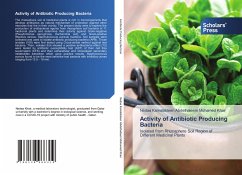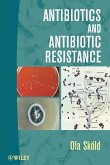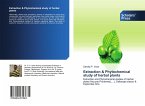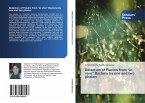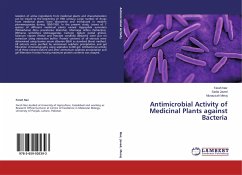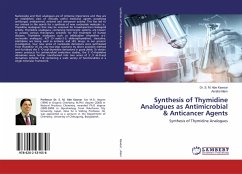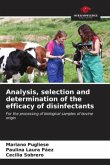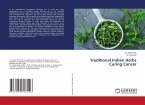The rhizosphere soil of medicinal plants is rich in microorganisms that develop antibiotics as natural mechanism of protection against other microbes that live in their vicinity. The present study aims to explore the production of antibacterial agents from rhizosphere soil bacteria of 11 medicinal plants and determine their activity against Gram-negative (Pseudomonas aeruginosa, Escherichia coli) and Gram-positive (Bacillus cereus, Staphylococcus aureus) bacteria. Soil samples were collected and used to isolate antibiotic producing bacteria (APB). Those isolates (108) were first tested using Cross-streak method against test bacteria. Then, isolates that showed a positive antibacterial effect (12) were tested by antibiotic susceptibility test (AST) of their cell free supernatant (CFS) and their extracellular and intracellular secondary metabolites extraction which gave positive results. Staphylococcus aureus found to be the most sensitive test bacteria with inhibitory zones ranging from 13.5 - 19 mm.
Bitte wählen Sie Ihr Anliegen aus.
Rechnungen
Retourenschein anfordern
Bestellstatus
Storno

